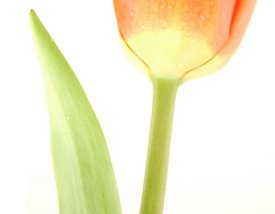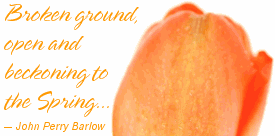
| « | December 2025 | » | | 日 | 一 | 二 | 三 | 四 | 五 | 六 | | 1 | 2 | 3 | 4 | 5 | 6 | 7 | 8 | 9 | 10 | 11 | 12 | 13 | 14 | 15 | 16 | 17 | 18 | 19 | 20 | 21 | 22 | 23 | 24 | 25 | 26 | 27 | 28 | 29 | 30 | 31 | | | | |
|
| 公告 |

上善若水 厚德载物 |
| 统计 |
blog名称:宁静致远
日志总数:2340
评论数量:2658
留言数量:88
访问次数:17621898
建立时间:2004年11月1日 |
| 
|
本站首页 管理页面 写新日志 退出
 [English]玩并不都是PLAY [English]玩并不都是PLAY |
玩并不都是PLAY
看到PLAY,想到了PLAY WITH,汉语里又常说“跟谁玩”,因此不得不再次提醒一下自己,玩并不都是PLAY。 用于儿童可以说Children play with each other/together, 可换了adults就不行了。成年人可以 play cards, play football, play golf 或其他 games,也可以 play with their children, 但成年人之间却不能轻易用 play with. 有个例子:一天,一个同学造句说:Both my parents were away on a business trip. I was left alone at home, so I could only play with myself. 显然他想表达“没人在家,只有自己跟自己玩。”的意思,可是美国教员听了表情很尴尬,又不便多解释,只是说 native speakers 会把 play with oneself 理解为 masturbate, 并把该字写在黑板上让学生自己去查。由此可见用 play with 时务必要小心。
汉语里常说:
1.“跟谁出去玩” Last Sunday she went out and played with him.(错)上周日她跟他出去玩。 可以说 She went out with him last Sunday and they enjoyed themselves. 或。。。they had a good/wonderful/marvelous time.
2. “来我家里玩。”
Would you like to come to my house and play this weekend? (错)这个周末你愿意来我家玩吗? 可以说 Would you like to spend this weekend with my family/in my house?
3.“在/到。。。玩”
若要表达“我们在北戴河玩了几天”,可以说 We spent a few days enjoying ourselves in Beidaihe. 或者是 We spent a few days in Beidaihe and we had fun there. 总之,要表达“玩”轻易不要直译成 play。
|
阅读全文(1679) | 回复(0) | 编辑 | 精华 |
|



 [English]玩并不都是PLAY
[English]玩并不都是PLAY